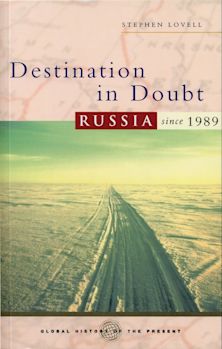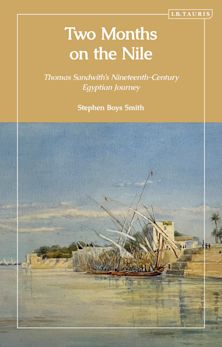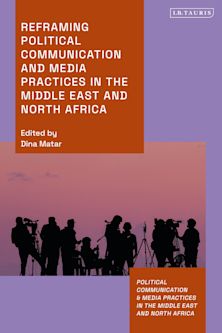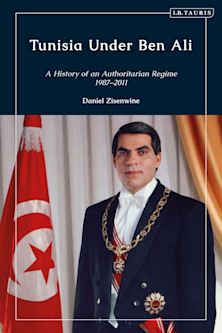- Home
- ACADEMIC
- Middle East
- North African Studies
- Algeria since 1989
Algeria since 1989
Between Terror and Democracy
Algeria since 1989
Between Terror and Democracy
You must sign in to add this item to your wishlist. Please sign in or create an account
Description
Algeria's democratic experiment is seminal in post-Cold War history. The first Muslim nation to attempt the transition from an authoritarian system to democratic pluralism, this North African country became a test case for reform in Africa, the Arab world and beyond. Yet when the country looked certain to become the world's first elected Islamic republic, there was a military coup and the democratic process was brought sharply to a halt. Islamists declared jihad on the state and hundreds of thousands of civilians were killed in the ensuing decade of state repression.
Le Sueur shows that Algeria is at the very heart of contemporary debates about Islam and secular democracy, arguing that the stability of Algeria is crucial for the security of the wider Middle East. Algeria Since 1989 is a lively and essential examination of how the fate of one country is entwined with much greater global issues.
Table of Contents
Chronology
The principals
Abbreviations and acronyms
Map
Introduction: democratic reform, terrorism and reconciliation
1. Building a postcolonial state
2. The road to reform
3. The kingmakers: generals and presidents in a time of terror
4. The Bouteflika era: civil society, peace, and sidelining generals
5. Energy and the economy of terror
6. A genealogy of terror: local and global jihadis
7. The future of radical Islam: from the GSPC to AQMI
8. Killing the messengers: Algeria's Rushdie syndrome
Conclusion: a historian's reflections on amnesty in Algeria
Notes
Index
Product details
| Published | 14 Jan 2010 |
|---|---|
| Format | Ebook (PDF) |
| Edition | 1st |
| Extent | 269 |
| ISBN | 9781848135352 |
| Imprint | Zed Books |
| Series | Global History of the Present |
| Publisher | Bloomsbury Publishing |
About the contributors
Reviews
-
Based on many years of close study of the country, the author unveils the many contradictions, complexities, and conflicts that continue to plague North Africa's most important political actor whose fate has implications for the Mediterranean region and beyond.
John P. Entelis, Fordham University
-
LeSueur makes an extremely valuable contribution to our understanding of contemporary Algerian history - placing this history into a broader geopolitical and sociological perspective, including the failure of democratic liberalism and the rise of political Islam and Islamic radicalism.
John Ruedy, Georgetown University
-
James Le Sueur provides a striking portrait of Algeria in the 1990s that is truly remarkable for presenting a fair and balanced analysis of an extremely controversial history. While Le Sueur's account provides a full account of Algerian developments, it places these experiences within broader global contexts, making this book distinctively valuable for policy makers as well as the broader public.
John Voll, Georgetown University

ONLINE RESOURCES
Bloomsbury Collections
This book is available on Bloomsbury Collections where your library has access.



































